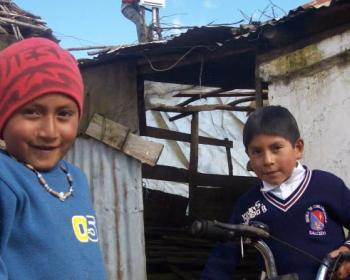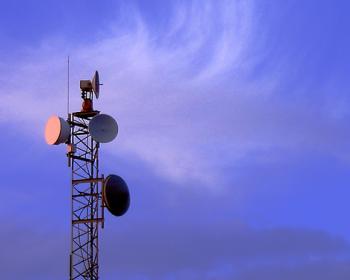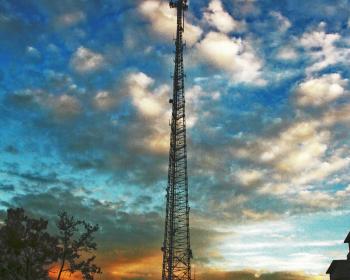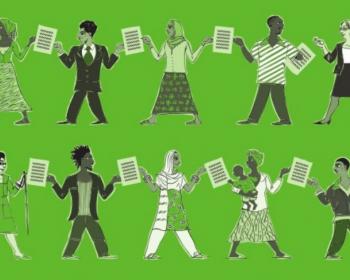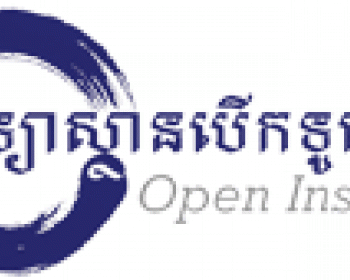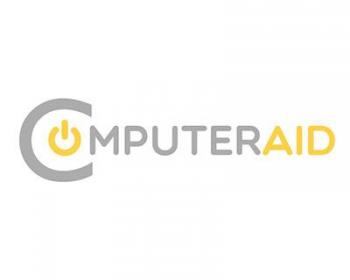Low-cost technology
A resource kit for making a universal access agenda happen. It has three modules – on policy and regulation, advocacy strategies and community-level projects.
Unused TV white spaces could be the way to get highspeed wireless internet to millions living outside major African cities. Manufacturers are gearing up for mass production of white space devices and now is the time to act. APC and partners are coordinating an important workshop for govt officials, regulators and professionals in October.
Prior to 1994, spectrum in South Africa was managed by the state body responsible for its implementation. Thus broadcast spectrum was managed by the South African Broadcasting Corporation (SABC) and telecommunications spectrum managed by the state telecommunications provider, Telkom. This was generally uncontentious because, prior to the rise of mobile telecommunications and wireless broadband,...
Nigeria is arguably one of the leading countries in Africa with respect to spectrum deregulation and licensing. However while the country follows best practices on the telecommunications side, the process for allocating broadcasting licenses and frequencies lacks transparency and is still dependant on Presidential approval. As the two regulatory bodies prepare to merge to form a single entity, ...
With hundreds of telecommunications and broadcasting licenses granted since 1992, Nigeria is arguably the leading country in Africa with respect to spectrum deregulation and licensing. There are over currently 350 licensed broadcast stations in operation in the country. With the global trend that will see two regulatory bodies merge, this report questions which regulatory body’s practice of a...
Every thirty months the amount of information that can be transmitted over a wireless internet connection has the potential to double. Wireless could be the way to provide affordable broadband to millions of people currently living with poor connectivity. However the policy and regulation related to spectrum is often inefficient, secretive and ill-informed. APC’s new research will examine how...
At the regulatory layer, Communications Commission of Kenya (CCK) is a key actor with a legal mandate on spectrum management in Kenya. Kenya Communications Act 1998, Kenya Communications Act 2010, and subsequent subsidiary legislation as promulgated by the Minister define the CCK’s mandate. Appeals Tribunal arbitrates any disputes arising from implementation of the enabling legislation.
How do we ensure access to the internet is a human right enjoyed by all? This is one of the critical questions asked by GISWatch 2008, which highlights the importance of people’s access to ICT infrastructure, where and how countries are getting it right or wrong, and what can be done about it.
The Open Institute is a non-governmental and not-for-profit organization that envisions Cambodia as a country in which widespread access to high quality education, information, communications and technology lead to a more developed and just society. Our mission is to ensure that the benefits of technology for social and economic advance are usable in Cambodian society. While the strategy of the...
Computer Aid International is a UK-based charity and social enterprise that works with ICT to alleviate poverty and overcome discrimination and disadvantage. It receives large numbers of donated computers and other ICT equipment which is refurbished and provided to local in-country partners and projects. Some 300,000 computers have been provided in over 100 countries. Computer Aid promotes...

Association for Progressive Communications (APC) 2022
Unless otherwise stated, content on the APC website is licensed under Creative Commons Attribution 4.0 International (CC BY 4.0)



